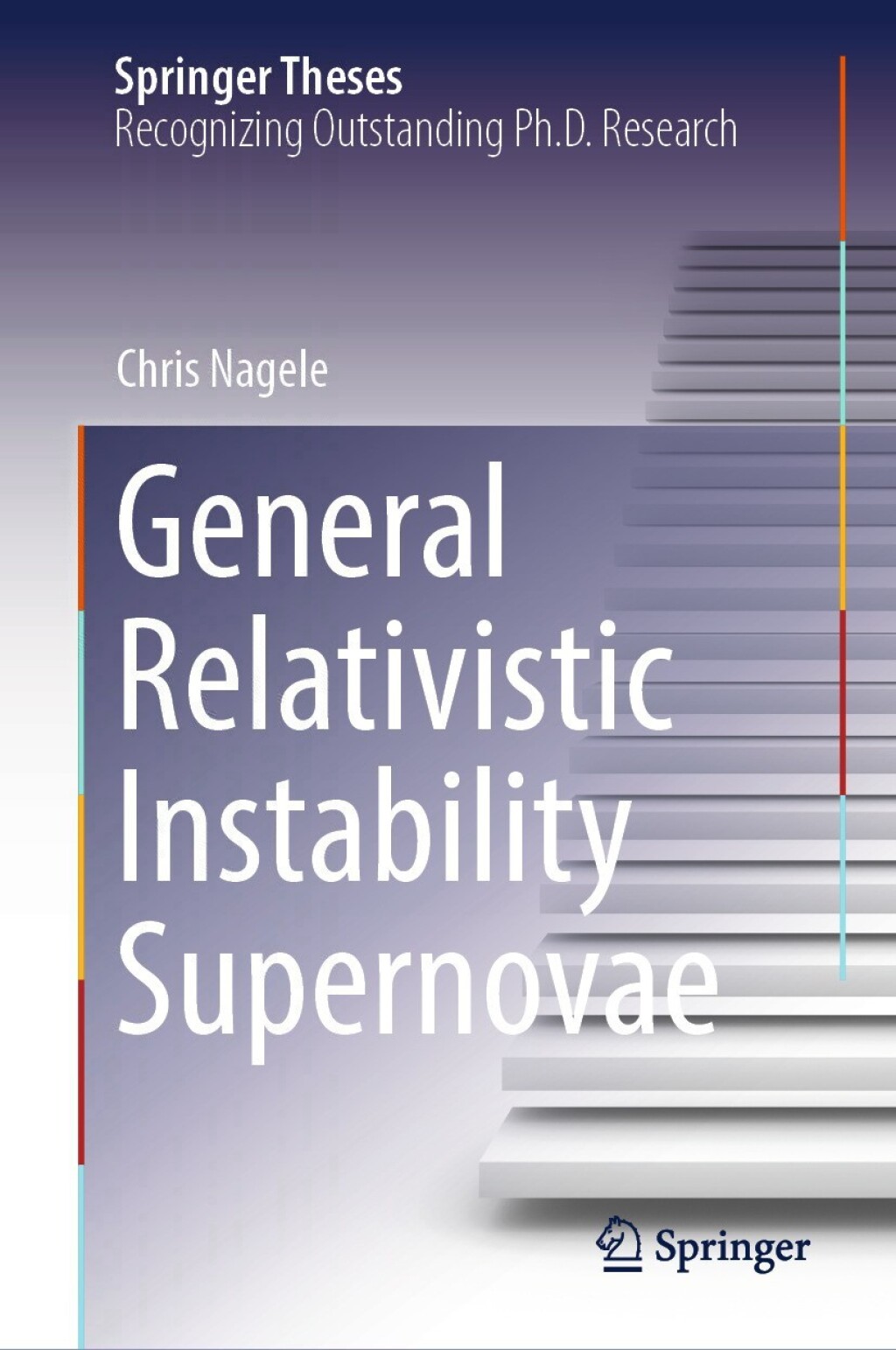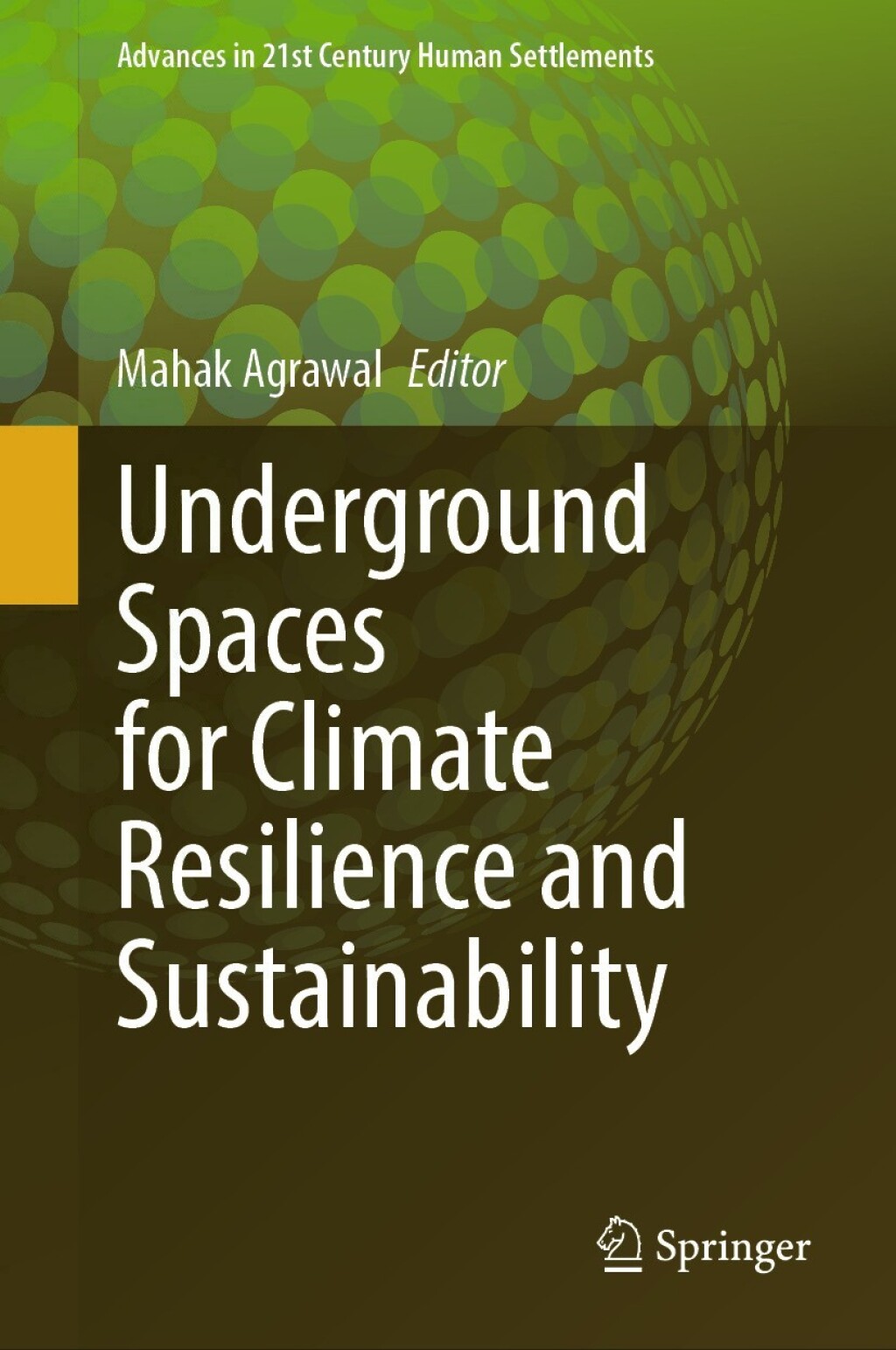Underground Spaces for Climate Resilience and Sustainability
Author(s):
Publisher: Springer
ISBN: 9789819605460
Edition:
$39,99
Delivery: This can be downloaded Immediately after purchasing.
Version: Only PDF Version.
Compatible Devices: Can be read on any device (Kindle, NOOK, Android/IOS devices, Windows, MAC)
Quality: High Quality. No missing contents. Printable
Recommended Software: Check here
Important: No Access Code
Description
This book highlights the untapped potential of underground spaces as a pivotal resource for climate resilience and sustainable urban development. The book explores diverse perspectives, methodologies, and case studies that collectively illuminate the myriad ways in which subterranean environments can be harnessed to address the challenges of a changing climate and burgeoning urban populations. The book opens with an examination of Warsaw’s Metro System, showcasing its role as a vital component in walkable urbanism, identifying best practices, and addressing existing barriers. Moving forward, the authors explore the integration of underground archeological spaces in Downtown Amman, emphasizing their contribution to climate adaptation and sustainable urban development. Chapters span the globe, from reviving underground practices to adapt to heat stress in unspecified locations, to unraveling the Qanat System of Yazd and its impact on urban climate resilience. “Rock Skin” introduces a process toward geological empathy, while the exploration of underground data centers and georadar technology in Jakarta highlights the technological advancements shaping the future of underground spaces. “Unveiling the Subterranean Frontier” also examines unconventional aspects such as reimagining subway station design, the utilization of underground spaces for geothermal energy, and the vital role of soil life as underground infrastructure for urban climate resilience. The book concludes with a chapter on synergies in sustainable underground space development, providing a holistic perspective on the subject. This timely and interdisciplinary compilation aims to contribute to the evolving discourse on urban resilience and sustainability, providing valuable insights for researchers, urban planners, and policymakers alike.










